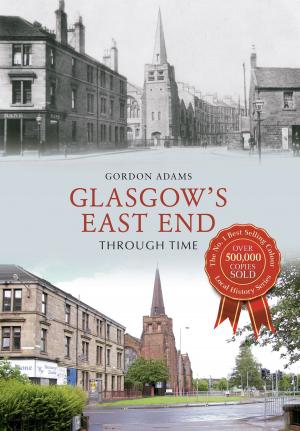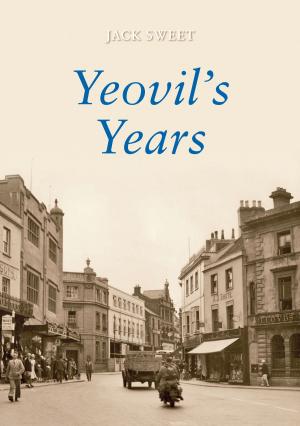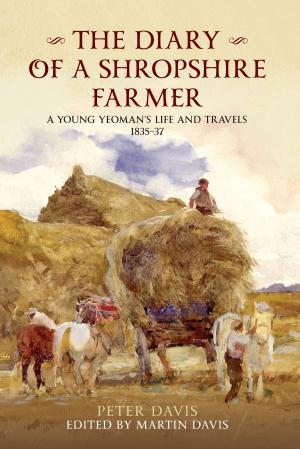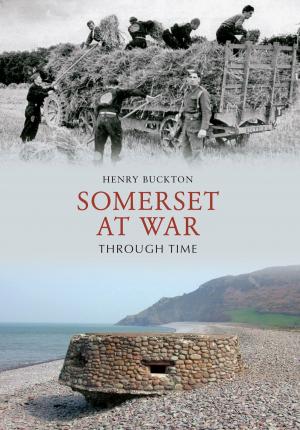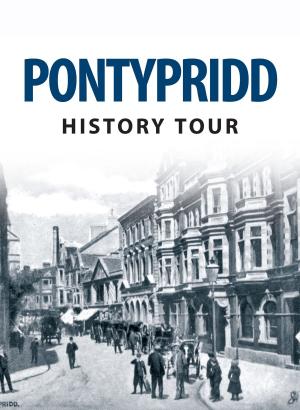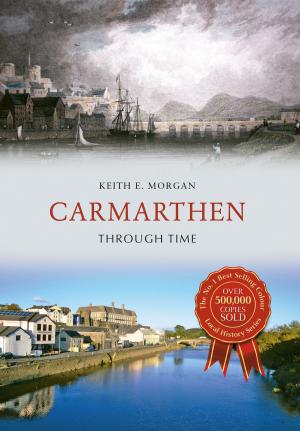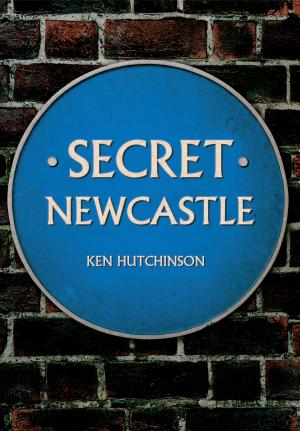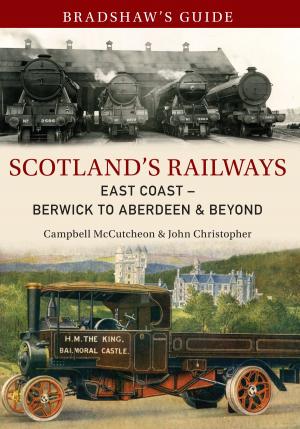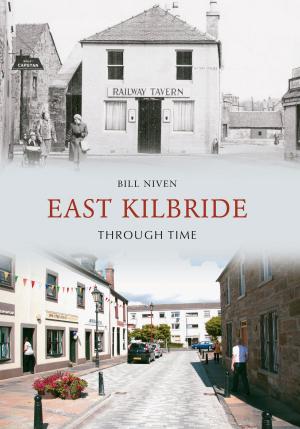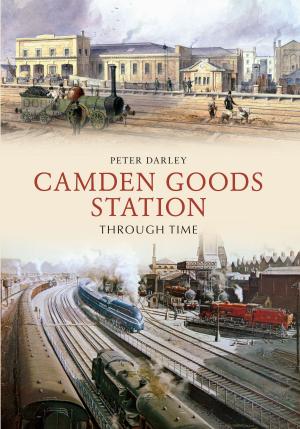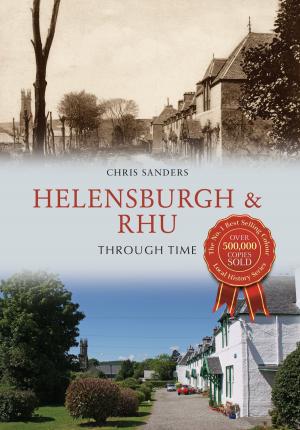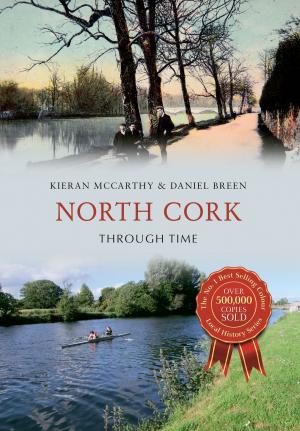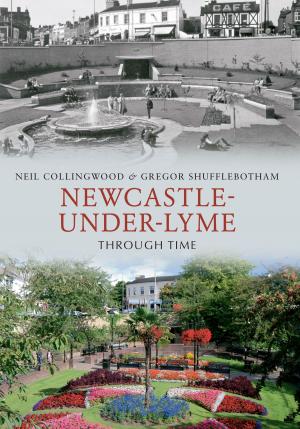Brunel in Gloucestershire
Nonfiction, Reference & Language, Transportation, Railroads, Science & Nature, Technology| Author: | John Christopher | ISBN: | 9781445623283 |
| Publisher: | Amberley Publishing | Publication: | October 15, 2012 |
| Imprint: | Amberley Publishing | Language: | English |
| Author: | John Christopher |
| ISBN: | 9781445623283 |
| Publisher: | Amberley Publishing |
| Publication: | October 15, 2012 |
| Imprint: | Amberley Publishing |
| Language: | English |
Isambard Kingdom Brunel, Britain's greatest engineer is perhaps best known for his ships and the Bristol-London main line, but he also designed many structures in Gloucestershire too. Most notable of the local designs include the tubular bridge crossing the Wye from England to Wales at Chepstow, which was the precursor of the Royal Albert Bridge at Saltash. Brunel oversaw the construction of the line from Swindon to Gloucester, and the Broad Gauge goods shed at Stroud station, as well as the station in Cirencester, now surrounded by a car park. Other notable structures include the Mickleton and Haie Hill tunnels, Brunel was heavily involved in the surveying of the major rail routes in the county too, being the engineer for the Bristol to Gloucester route, which opened in 1844 and undertook surveys of the Gloucester-Birmingham railway line too. John Christopher, an acknowledged expert on Brunel, with numerous books to his name, takes us on a tour of the county, showing the effect that Brunel had on the railways, roads and rivers and the transport network of Gloucestershire.
Isambard Kingdom Brunel, Britain's greatest engineer is perhaps best known for his ships and the Bristol-London main line, but he also designed many structures in Gloucestershire too. Most notable of the local designs include the tubular bridge crossing the Wye from England to Wales at Chepstow, which was the precursor of the Royal Albert Bridge at Saltash. Brunel oversaw the construction of the line from Swindon to Gloucester, and the Broad Gauge goods shed at Stroud station, as well as the station in Cirencester, now surrounded by a car park. Other notable structures include the Mickleton and Haie Hill tunnels, Brunel was heavily involved in the surveying of the major rail routes in the county too, being the engineer for the Bristol to Gloucester route, which opened in 1844 and undertook surveys of the Gloucester-Birmingham railway line too. John Christopher, an acknowledged expert on Brunel, with numerous books to his name, takes us on a tour of the county, showing the effect that Brunel had on the railways, roads and rivers and the transport network of Gloucestershire.

